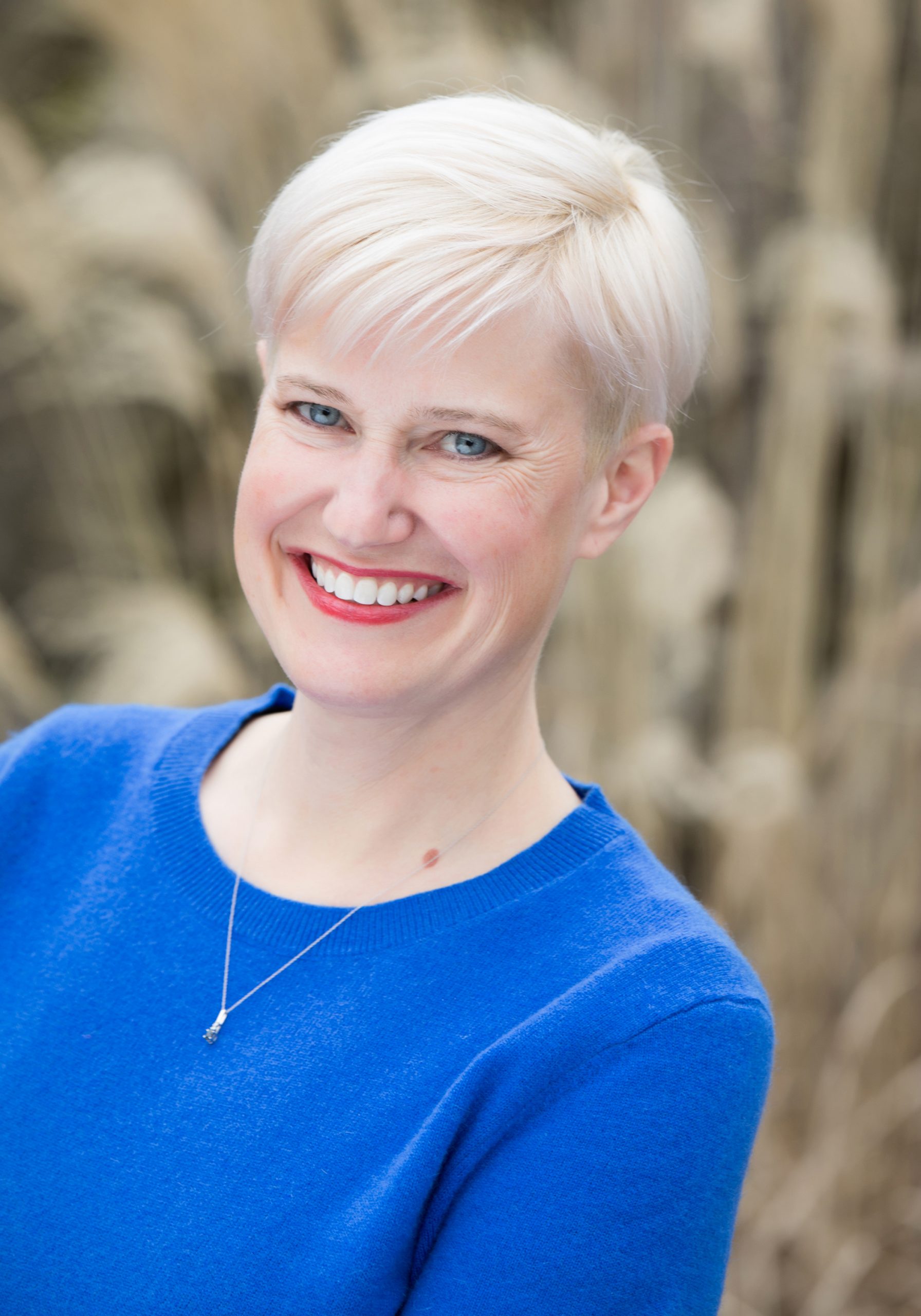Scary Bad Feelings Are Part Of The Package

Confronting our darkness brings fear down to size.
“If we forbid ourselves to talk negatively about something, we block the awareness of grievances that need an airing as a prelude to dealing with them.”
Chris Johston
Good feelings are easy, right? Like when Jack looks at me and smiles, laughs at a joke (usually at my expense!), or does something positive he’s never done before, I want to shout it from the rooftops. I bask in the glow of kind words of support from those around me.
But I know this is easy talk, because everyone loves a feel-good story. I know I do. My heart melts every time a child with autism throws a 3 point shot in a basketball game or suddenly communicates with an augmentative speech device after 15 years of silence.
We live in a world not designed for those different. So we proclaim these good news stories of our kids to friends, family, and strangers, even. And we cling to those rare extraordinary special needs parents’ success stories we see on television with a combination of hope and envy. We search for parallels to our own situations, praying that our children have their own miracles.
Because who knows? This one positive event of a smile, a laugh, or any sort of engagement, really, could be a turning point. A breakthrough. The day all of our research, our sacrifices and our faith pays off. Because of course we want an easier life– for them and for us.
But one of our biggest challenges comes in sharing the not-so-attractive emotions raising children with special needs. Boredom. Despair. Depression. Rage. Apathy. Anxiety. Because those are part of the mix too.
When society pummels you with well-intentioned messages like “God gives special children to special parents” and “You are a saint. I don’t know how you do it,” the tendency can be to clam up.
On your rough days, you don’t want to disturb the notion that you don’t measure up to the imagined or expected ideal. And the fear that if you voice your less positive thoughts, you will fall short and be judged harshly.
But we are human and fallible. I’ve found a sense of freedom in truly acknowledging that in myself.
Children with challenges don’t suddenly vault us to the front of the line when it comes to saintly characteristics. We are still the same flawed people we were before we took on this role as a special needs parent. Now we are flawed people trying to manage the best we can under tremendous stress. Our struggles merely amplify and reveal the positive and negative traits we already have.
You may want to deny having those less than altruistic feelings—to yourself and to others. But by biting our tongues and denying our emotions we do ourselves a disservice.
When we make a habit of shoving those feelings down unacknowledged, they grow to have more power over us. Therein lies the danger. When we feel depressed and ashamed of our parenting frailties, it’s easy to turn to unhelpful coping mechanisms to numb ourselves. Besides, denial is exhausting! I don’t know about you, but I’m tired enough!
Of course, there’s a time and a place for emotional honesty. I don’t recommend dumping in the middle of a party or anything, of course. And maybe there are some in your life who aren’t up for the challenge to be your sounding board and support. So don’t tell them. But if you do have people you trust, give them the opportunity to help you and be honest—it releases you from shame.
And then who knows? They see the real you and they feel comfortable to open up about their own feelings and struggles that you can support them through. Because putting on a façade gets old. Pretending we are perfect is boring and unhelpful. What we do is hard enough without adding unnecessary drags on our energy.
If you don’t feel comfortable opening up to friends or family, consider seeking professional support to help you through your feelings. Sometimes voicing aloud the dark feelings you have makes them less scary. Besides therapists have heard it all. What can be expressed can be manageable.
Or maybe you can seek out online communities where you can vent and support other families going through similar issues. Through community there is strength.
What’s helped me over the years is the gradual realization that every emotion good or bad has been felt a billion times over by those who’ve come before me. I take comfort in my ordinariness. I’m not a monster. Just a sometimes cranky, often sleep-deprived, mostly well-intentioned person just doing the best I can. We all are.
“When we can talk about our feelings, they become less overwhelming, less upsetting, and less scary. The people we trust with that important talk can help us know that we are not alone.”
Fred Rogers

I’m the mom of 2 great young adults, as well as of a very spoiled plott hound named Bubba Sue. I grew up in New Jersey, but have lived in the Cincinnati, OH area for the past 18 years. My husband Mike and I have been married for long enough not to look like our wedding pictures, but even after all these years, he still makes me laugh. After 15 years of questions and no answers, Jack got a diagnosis of Smith-Kingsmore Syndrome. I wanted to write this blog to help special needs families know they are not alone.
